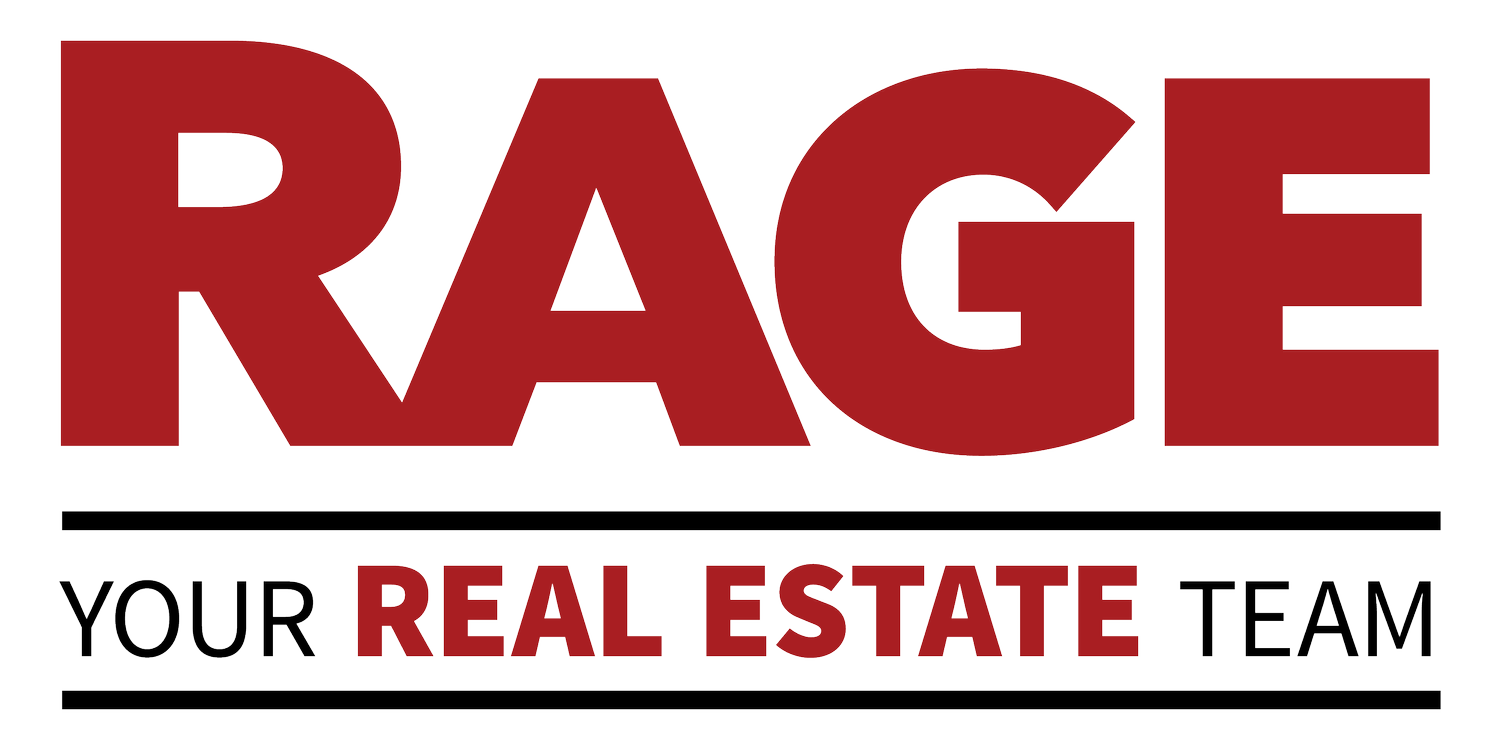View your first home as your first (future) rental home…
As more and more first-time home buyers face affordability constraints, now might be a good time to reframe the first-time home buying conversation.
If you’re a young adult in your mid-late 20’s, it’s likely you’re shifting your attention from home renting to home buying, and understandably you have hopes set on buying a home that can be part of your next extended stage of life — whether that’s starting and raising a family, getting a three-car garage plus a workshop for your mechanical toys, or raising chickens as part of an effort to live off the land.
Unfortunately, we’re having increasing number of conversations where that long-term dream is financially out of reach in the immediate here and now. For many, the monthly payment is simply too much to take on right now, and saving for a downpayment for that dream home just isn’t happening quickly enough.
So, we’d like to propose a new perspective: consider shopping for your first home as your first (future) rental home - and shift your focus from buying your 5-10 year home to buying a home that will serve you well for only the next 2-3 years.
Note: Rental prices aren’t just seemingly climbing higher and higher every year. They are climbing higher. Nationally, rents have not dropped year over year - even accounting for inflation - since the great depression.
4 Reasons to Consider Buying your First (Future) Rental Home as Your First Home
Your future self will thank you. We promise.
Lower Downpayment
When buying your first home to live in, it’s commonly only a requirement that you provide 3%, 3.5%, or 5% of the purchase price as a downpayment. Additionally, they are often first time home buying programs available that can help subsidize your initial out-of-pocket investment.
Contrast those percentages with the requirements of buying an investment property as a second property. Buying a single family home as a rental home later will require at least a 20% downpayment, and a 2 to 4-plex will require a 25% downpayment.Lower Interest Rate
Owner occupied loans will almost always offer a lower interest rate than investment property interest rates, as they are considered less risky for the lender.If you buy a home, live in it, then later move out and rent the property to a tenant, you do not have to change your interest rate to the higher investment property rate - you get to keep the lower owner-occupied rate you obtained at the time of purchase or most-recent refinance.
So, paired with number one, you see that buying a rental property that you do not first live in will require a bigger downpayment AND have a higher interest rate.
Tax Advantages
When a home changes status from an owner-occupied home to an investment property, the IRS changes how it views the property, too. It’s no longer a home. It’s your business. Investment properties gain an added advantage of “depreciation.” This means that rental income deposited into your bank account isn’t necessarily treated as taxable income like a normal paycheck might be. You can read more details about it here, but trust us, there’s a reason many of the world’s wealthiest people use their cash to invest in real estate.
4. An Investment with a Purpose
It’s true that owning real estate can be a pathway to building significant wealth, but it has an added practical benefit long before any wealth might be accumulated.
Unlike Apple or Tesla stock, people live in a rental home!
What if when you invested in Apple stock, you got to give a friend an iPhone? That would be pretty cool. Real estate is actually sort of like that.
Rental property is a long term investment that also meets a current day need for your tenants - they need a place to live. And every time they pay rent, their need for shelter is met and you take another step forward in your wealth-building journey.
So why not view your first home purchase through the lens of it being your first (future) rental property? The advantages are clear, and you only get one shot to make it happen.
Lower downpayment (plus potential downpayment assistance programs).
Lower interest rate.
Tax savings.
Invest with a purpose.
This might require buying a 2 bedroom home instead of a 3-4 bedroom.
It might require a buying a townhome instead of a detached single-family home.
It might require preparing yourself to move again in 3 years instead of 10.
But for the advantages, why not give it a thought?
We’d be happy to discuss your situation and see if buying your first (future) rental property as your first home is right for you.
Your future self will thank you.
—
We hope this content serves you well as you seek to be savvy homeowners and make wise financial decisions for your future. If you'd like to chat further or are considering moving in the coming months or year, let's get a meeting scheduled today!
- Josh & The RAGE Team
This material has been prepared for informational purposes only, and is not intended to provide, and should not be relied on for tax, legal, or accounting advice. You should consult your own tax, legal and accounting advisors before engaging in any transaction.



